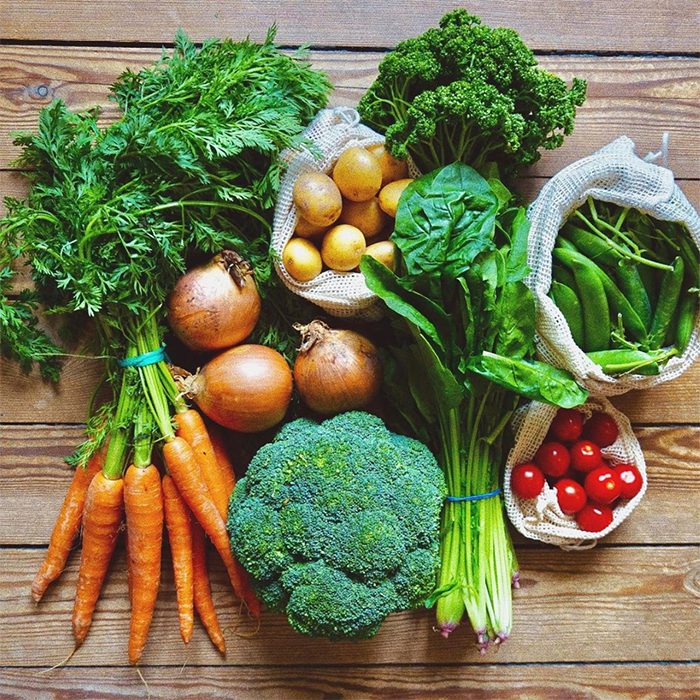Whether it’s potato skin packaging used for fully biodegradable shopping bags or reusable containers like mason jars and metal shampoo bottles popping up on shelves everywhere, the “Zero Waste” lifestyle has undeniably become a major talking point among mainstream consumers. Environmentally-conscious packaging has quickly become one of the fastest methods of gaining instant goodwill among consumers, and many countries have even added financial incentives for producers to create and ship their products using as little waste as possible. In August of 2020, the Australian Council of Recycling estimated that the COVID-19 pandemic had caused a 20% increase in rubbish and recyclables being thrown away in curbside bins, rather than being disposed of properly. To combat this, many social media influencers engaged in campaigns to encourage their followers to take steps towards reducing their waste. This movement included authors and activists such as, Kate Nelson, whose anti-plastic Instagram page has over 100,000 followers.
The zero waste trend fits nicely into the essential oils industry, as it is common practice for unused byproducts of natural plant material to instead be used for either compost or fuel. By recycling the unwanted materials, many different essential oils can essentially operate as “zero landfill” products, which helps adhere to consumers’ demands for items that do not generate an excess amount of waste. Many of the byproducts that cannot be fully recycled during the essential oils process are also easier to dispose of than chemical or synthetic waste, as their natural components greatly reduce the overall long-term impact of their disposal. For environmentally-conscious consumers, this is an extremely important aspect of choosing which products to buy, and the influence this trend has over purchasing decisions will only continue to grow in prominence as time goes on.
By identifying potential markets for zero waste products within other industries, producers can build mainstream consumer goodwill while simultaneously ensuring that their products remain sustainable for the foreseeable future. Now, more than ever, consumers are aware of the ingredients and materials used within their products, as well as the processes behind creating those products, so creating new methods of production and packaging provides an immediate safeguard against future environmental complications. Purina recently achieved a zero waste production cycle at 21 of its manufacturing sites, and the response from the public was overwhelmingly positive. While COVID-19 may have caused a recent resurgence in one-time-use plastic packaging, consumers are already looking for less wasteful alternatives, and making the switch now will only serve to increase future benefits exponentially.
Previous Trend Articles
[smartslider3 slider="75"]
